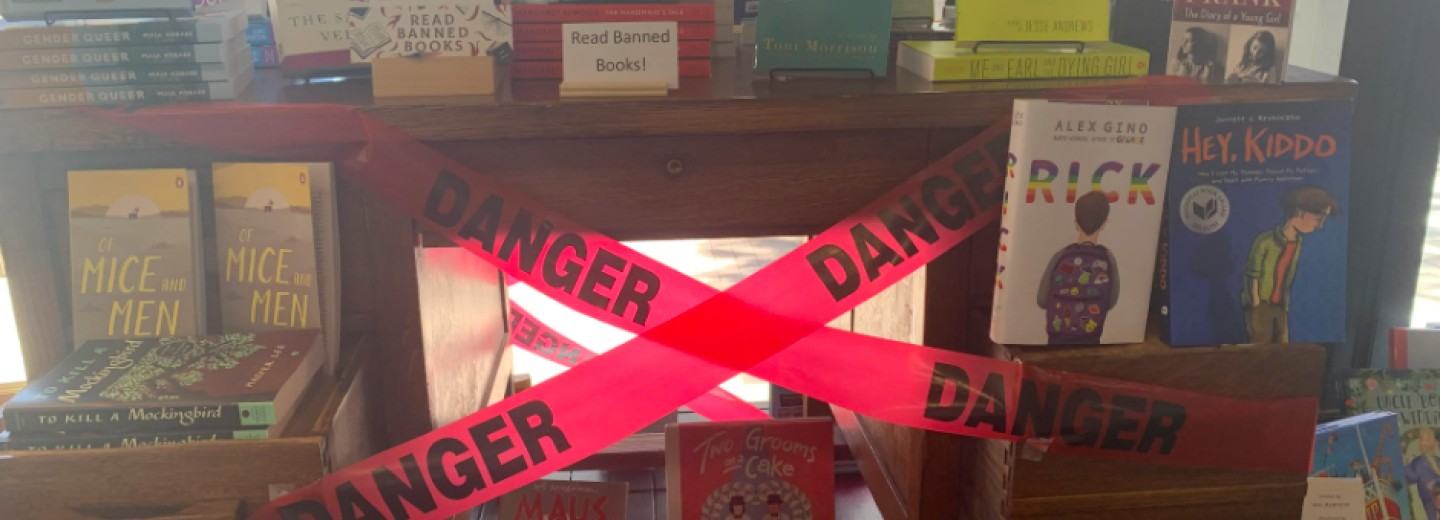Book bans
I used to think that only dictators ban, or burn, books. And so they do. But, throughout history, other governments and societies have often banned books. Sometimes it is official censorship, and sometimes through pressure from religious or social norms.
One of the earliest known examples occurred in ancient China, where books critical of the government were banned and their authors executed. In the Middle Ages, the Catholic Church banned books it deemed heretical or against Church doctrine. It also believed the Earth was flat and was the centre of the universe around which the sun revolved. It persecuted those who proclaimed otherwise. In the 16th century, the Protestant Reformation led to the banning of books by both Catholic and Protestant authorities.
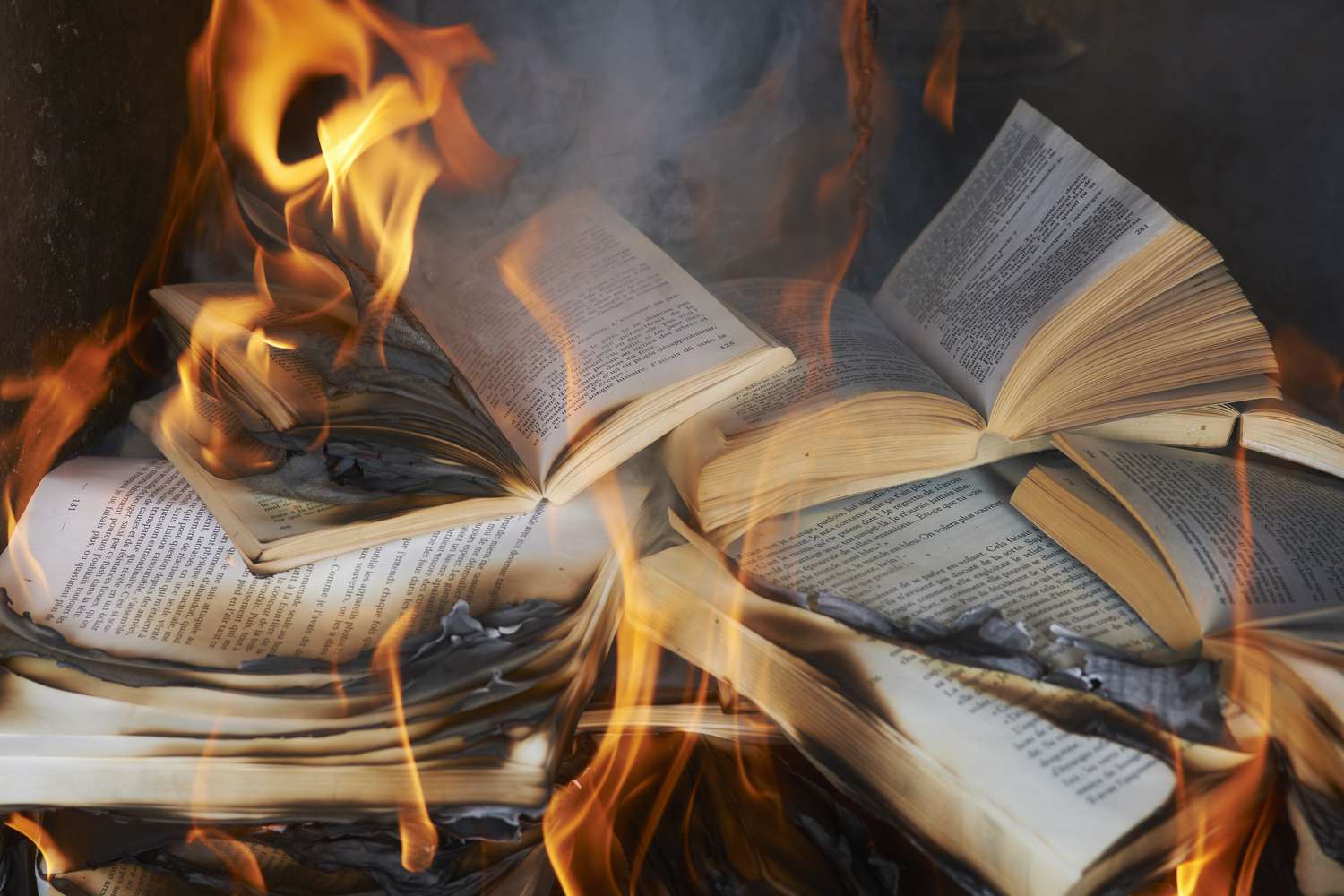
Today, book banning continues. During World War II, Nazi Germany banned books that were critical of the regime and burned many of them publicly. The Soviet Union banned books it considered politically subversive. In the United States, schools and libraries have banned many books due to pressure from conservative religious or social groups who find the content objectionable.
China, the Church, Nazi Germany – it all sounds familiar. But not, surely, in modern democratic states where citizens cherish freedom of speech and expression as a fundamental human right?
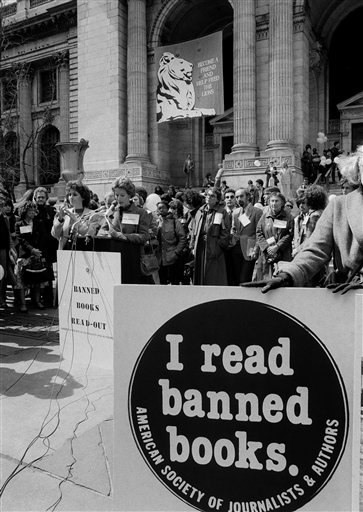
Imagine, therefore, the shock to read new data from the American Library Association (ALA). This reveals that the number of attempts to ban books nearly doubled in the USA (the Land of the Free) last year. Various groups brought 1,269 restrictive challenges against reading materials in America’s public and school libraries.
Before this, in October 2022, CBS News published a list of the 50 most banned books in the USA.
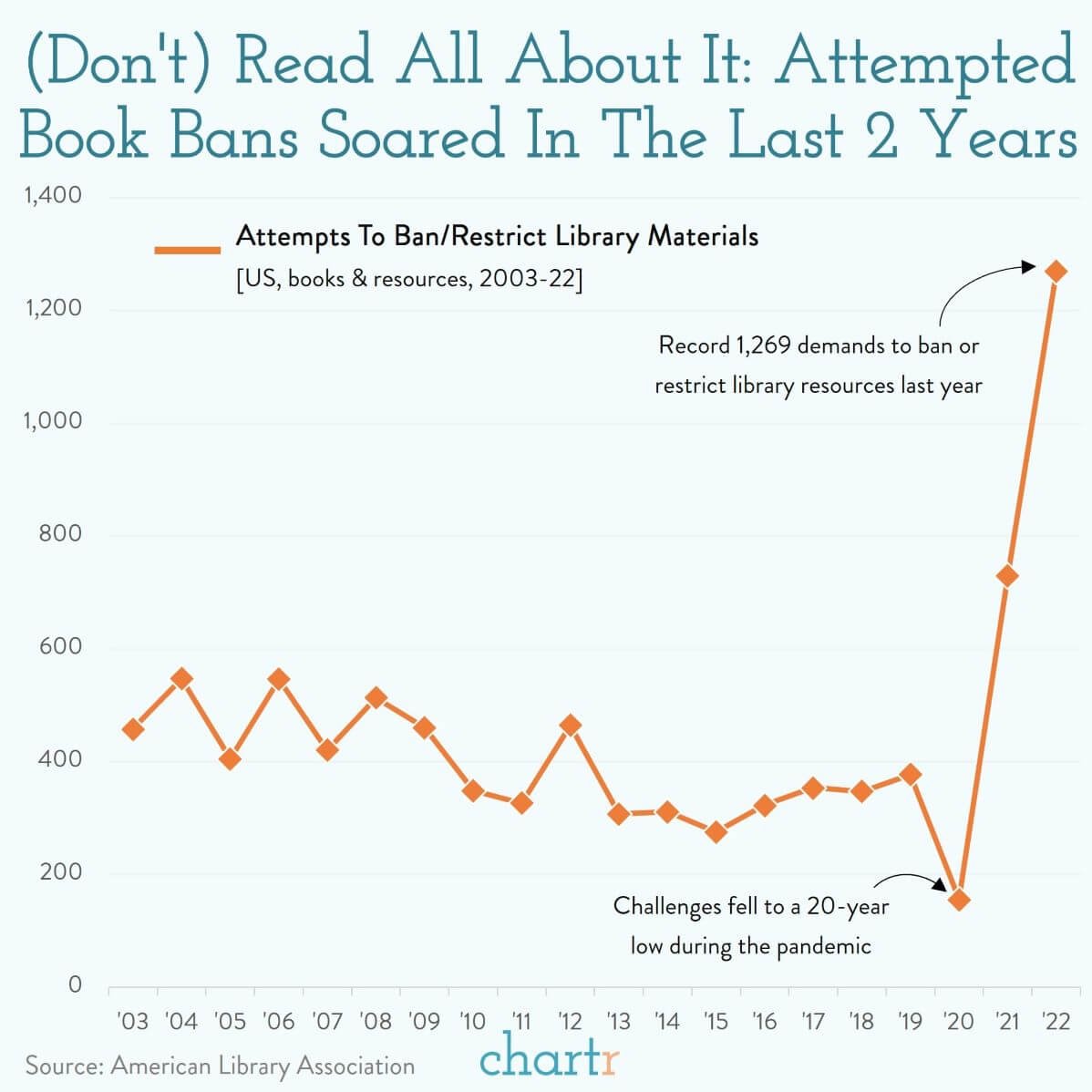
To the surprise of many elsewhere, officials in the USA have banned well-known books at various times:
- The Catcher in the Rye by J.D. Salinger: This novel about teenage angst has been banned many times for its frank discussion of sex, profanity, and rebellion.
- To Kill a Mockingbird by Harper Lee: The Pulitzer Prize-winning novel about racial injustice in the American South has been banned for its use of racial slurs and its portrayal of rape.
- 1984 by George Orwell: several countries ban this novel about a totalitarian society for its political themes and criticism of government censorship.
- The Adventures of Huckleberry Finn by Mark Twain: This story about a young boy's journey down the Mississippi River has been banned for its use of racial slurs and its portrayal of African Americans.
- The Harry Potter series by J.K. Rowling: This hugely popular series of novels about a young wizard has been banned in some schools and libraries for promoting witchcraft and the occult.
- The Satanic Verses by Salman Rushdie: This novel, which explores themes of religion and identity, was banned in several countries after the Iranian government issued a fatwa calling for the author's death.
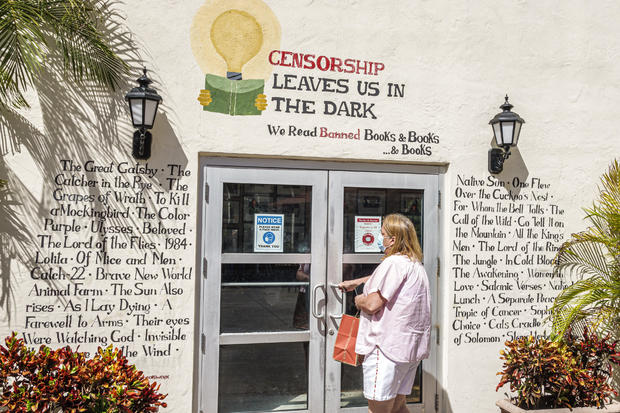
Many other countries ban certain books. They include:
- The Quran: Some countries ban the holy book of Islam where the government has a negative view of Islam.
- Mein Kampf by Adolf Hitler: several countries, including Germany, Russia, and Austria banned this book, believing it to promote Nazi ideology and anti-Semitism.
- The Communist Manifesto by Karl Marx and Friedrich Engels offends several countries that dislike Marxist ideas.
- The Diary of Anne Frank: Some countries ban this memoir of a Jewish girl hiding from the Nazis during World War II for its portrayal of Jewish suffering and the Holocaust.
- Brave New World by Aldous Huxley: some countries ban this novel about a society controlled by technology and consumerism for its criticism of government control and the promotion of drug use.
- Noli me Tangere, by Jose Rizal: one of two novels the Spanish authorities banned before executing Rizal for encouraging a revolution in the Philippines.
The novel, "Lady Chatterley's Lover" by D.H. Lawrence, has a long history of censorship and legal battles in the USA and other countries. When published in 1928, many countries banned the book due to its explicit sexual content and use of profanity.
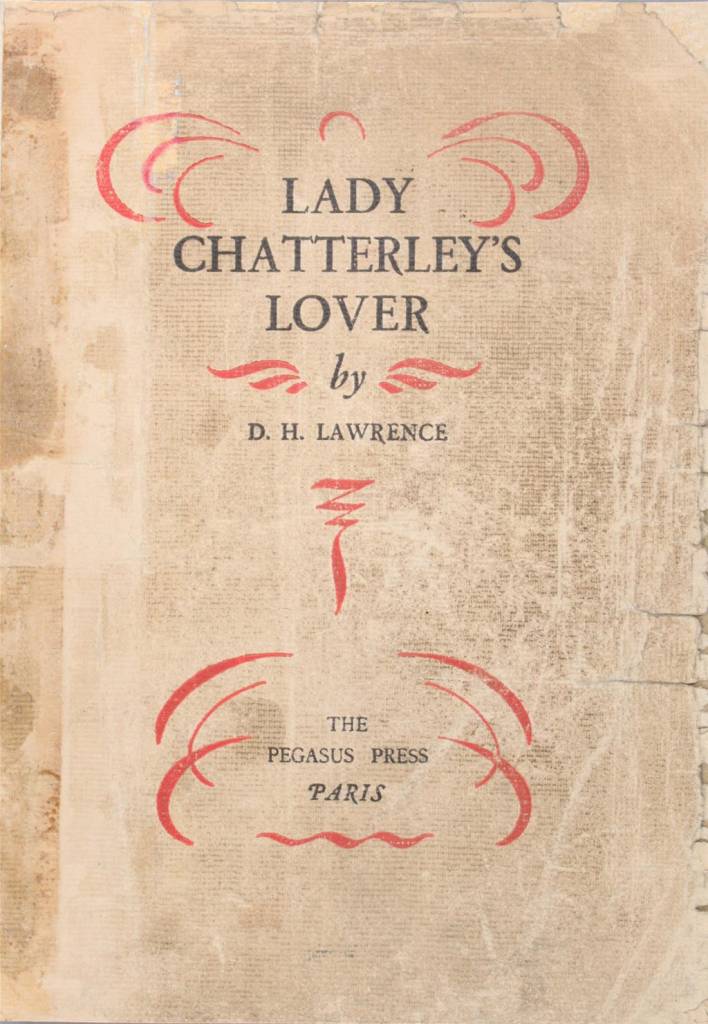
In the USA, the book featured in a landmark obscenity trial in 1959. A judge eventually ruled that the book was not obscene and that it had literary merit and social value. Despite the ruling, many schools and libraries in the USA continued to ban "Lady Chatterley's Lover" for years. Today, the novel is a classic of English literature; its frank exploration of sexuality and class has made it an important work of 20th-century literature.
Even though ancient Greece and Rome had no formal censorship laws, the authorities banned or destroyed certain books for various reasons, including:
- The Histories by Herodotus: The Athenian assembly banned this chronicle of the Persian Wars for its negative portrayal of Athens and the Athenians.
- The Republic by Plato: the tyrant Dionysius of Syracuse banned this still influential work of political philosophy. He feared that its ideas could inspire political rebellion.
- The Satyricon by Petronius: This work of Roman satire, which included explicit sexual content, was banned by Emperor Nero for its scandalous content.
- The Aeneid by Virgil: Emperor Augustus banned this epic poem, celebrating the founding of Rome and the Roman Empire, for its references to his rival, Mark Antony.
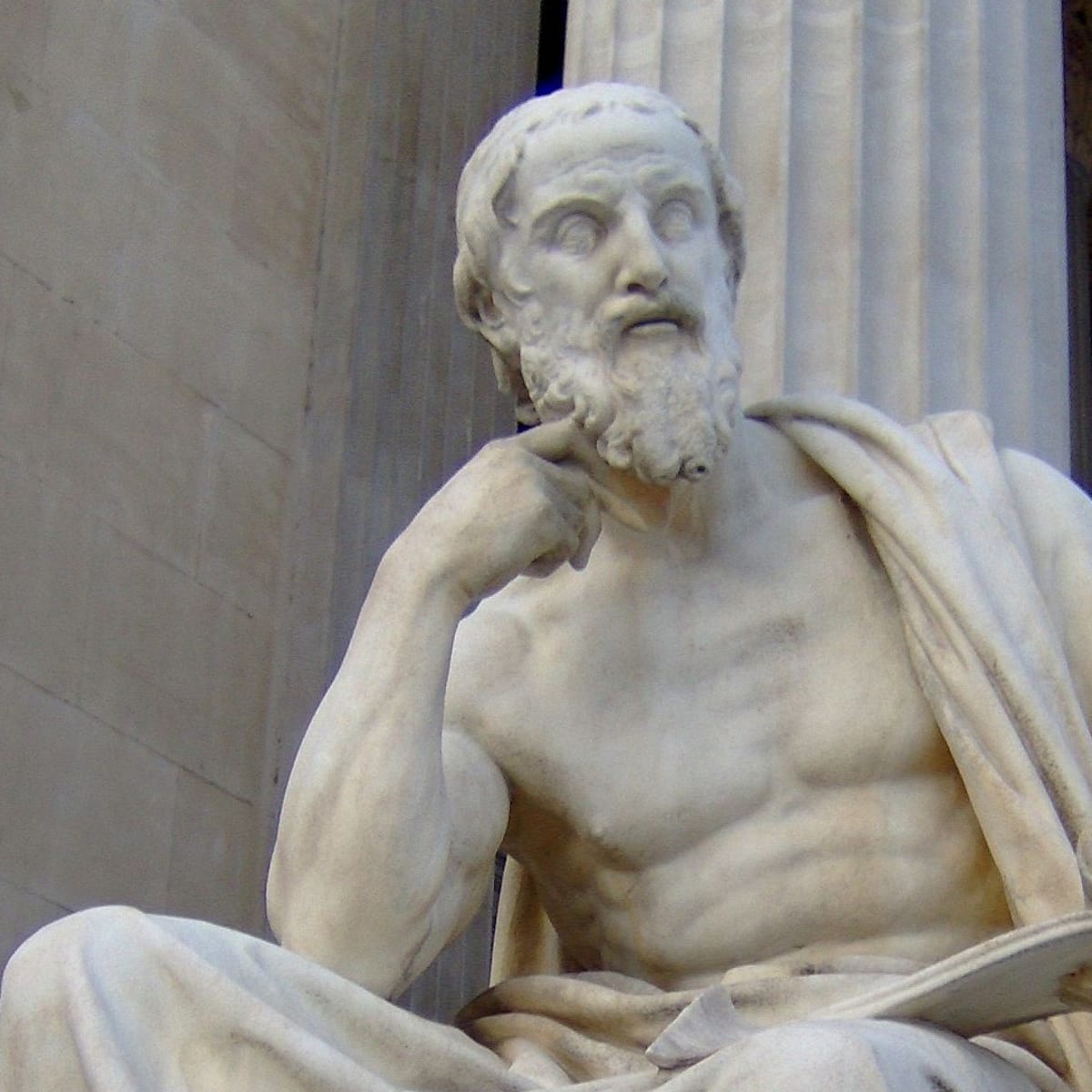
Nor is banning books the only way to control what readers see. In my post about Snowflakes, I describe how Mr Bowdler re-wrote the entire works of Shakespeare to edit out what he thought were explicit sexual references. More recently, the publishers of Roald Dahl’s books for children, altered some of the original wording to rephrase language they deemed to be offensive to certain groups of young readers.
As both a bibliophile and a writer, I am appalled by book-banning or ‘editing’ an author’s published work. Yet, as The Reasonable Man, I can find reasons why it will always continue. And, strangely, why it does not matter.
The ALA says that the vast majority of 2022’s challenged titles are written by or about members of the LGBTQ+ community and people of colour. And, while book banning in the USA is not new, the current surge is part of what Politico labels an “era like none other in the country’s history” — linked, inextricably, with the rise in political polarization across the country.
Conservatives warn that exposure to “obscene” literature will tarnish their children’s souls and that LGBTQ materials will steer them into becoming gay, lesbian, trans, or non-binary, or even be seduced by a teacher. Liberals counter that book bans violate human rights to free thought and expression. It also says much about the belief systems of those seeking, for example, to ban Harry Potter for encouraging witchcraft.
Medieval Popes would be delighted and heartily approve.

Today, however, banning and ‘editing’ books is pointless. Neither Conservatives nor Liberals need to waste their time debating the subject. Experience through history shows that banned books are always available. Banning them makes them even more desirable to some. Those who wish to read them do so. Today, nearly every banned book is available on Barnes and Noble, from Amazon or borrowed from a friend if not available at a local library.
And then, there is the Internet. As Politico writes:
Any child over the age of 12 with access to a computer and a browser can consume more soft-, medium- and hard-grade erotica than the proprietor of a 1970s porn shop … That no organized protest of TV or the Web (or defences of the material found on them) exists, tells you everything you need to know about the seriousness of schoolbook banners.
Let’s not waste time and energy debating the banning of books. There are more important issues to fret about.
Worked on the article:

Wanlikhang


